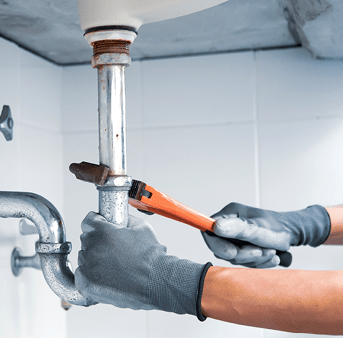
22 May 2025 Company Update
8 Things Every Landlord Should Know…

The government has proposed increasing minimum energy efficiency standards to an EPC band C on all tenancies by 2028 in England. Read below 7 schemes to help fund your property’s EPC upgrades.
THE BOILER UPGRADE SCHEME (ENGLAND AND WALES)
This scheme provides one grant per property to help cover the cost and installation of low carbon heating systems such as heat pumps, at:
Your property may be eligible if it has an installation capacity of up to 45kWth – which covers “most homes” – and a current EPC with no outstanding recommendations for loft or cavity wall insulation. You’ll also need to live in England or Wales and own the property to be eligible. The scheme will run until 2025.
You can read more about the criteria and the steps to access the funding on the government’s site.
VAT RELIEF ON ENERGY SAVING MATERIALS (ENGLAND, SCOTLAND, AND WALES)
Until 31 March 2027, zero-rate VAT will apply to the installation of certain energy saving materials in residential properties. Your supplier should charge you the reduced rate.
You can find the full list of the eligible materials and works on the government’s site.
A GREEN DEAL LOAN (ENGLAND, SCOTLAND, AND WALES)
Although the Green Deal Scheme was originally a government initiative, it switched to private backing in 2015.
You can find a list of government-approved suppliers on this government site.
ENERGY COMPANY OBLIGATION GRANTS (ENGLAND, SCOTLAND, AND WALES)
If you have any qualifying tenants from low-income and vulnerable households, they may be able to access an Energy Company Obligation (ECO) grant to support energy efficiency improvements.
You can check eligibility for a grant on the UK Energy Support site
EMPTY PROPERTY GRANTS (REGIONAL FUNDING)
Local councils may also be able to offer you some financial support to make energy improvements to your properties.
The empty homes grant in Kingston, for example, can help cover up to £25,000 for thermal upgrades to windows, boiler work and insulation, on properties that have been empty for at least six months.
Head to your local council’s site to see what schemes may be available.
SMART EXPORT GUARANTEE (ENGLAND, SCOTLAND, AND WALES)
If your properties already have renewable energy, the Smart Export Guarantee (SEG) pays customers for renewable electricity they’ve generated and put into the grid. This could be:
Some of these energy sources may also be covered by the zero-rate VAT mentioned in point 2 above, if you’re considering upgrading to renewable energy. You’ll need to sign up to an SEG tariff with a big energy company, to ensure you’re not simply giving away your energy to the National Grid for free, and should shop around for the best tariff too.
ECO+ SCHEME
The government’s £1 billion ECO+ scheme is expected to run from April 2023 until March 2024, to help homes across the country install new home insulation. This support will be available to those that don’t already benefit from other government support to make home upgrades.
With this extension of the Energy Company Obligation scheme, 80% of the funding will be available to households with EPC D ratings or below and in the lower council tax bands.
A consultation concluded in December 2022 and more details are expected before the planned implementation date.
Head to the government’s site to read the consultation overview.
Lets get started! Our valuations are based on our extensive knowledge of the whole of the market.
Get a valuation